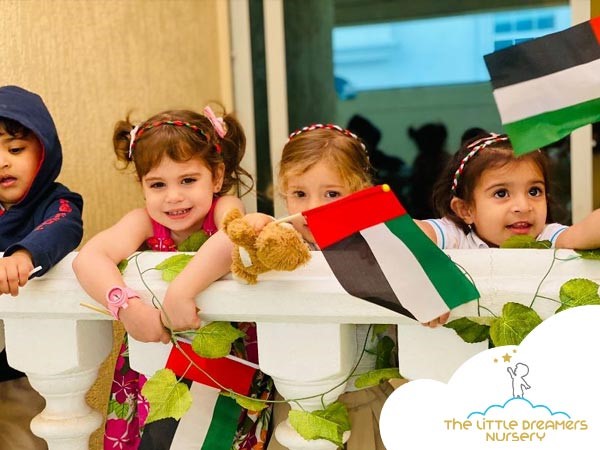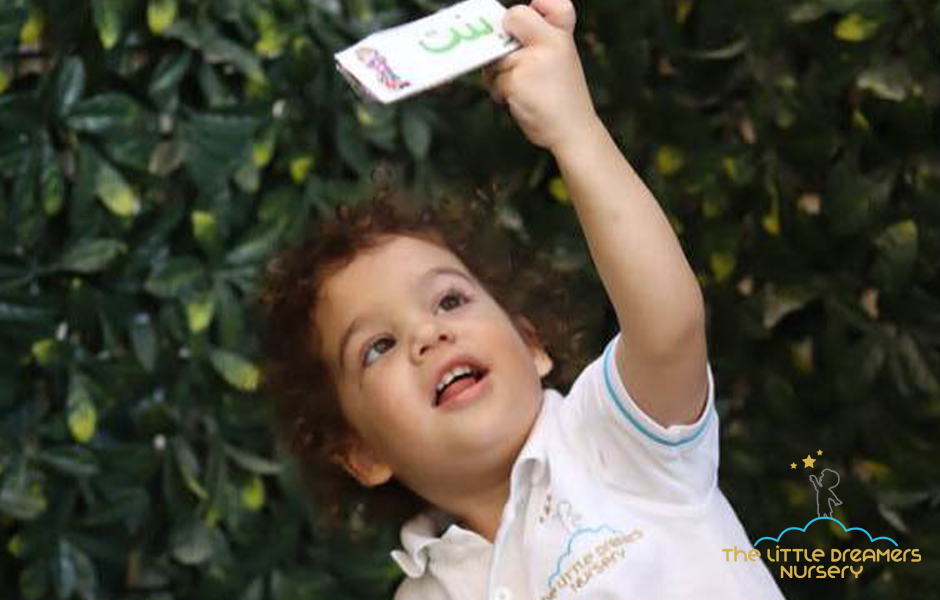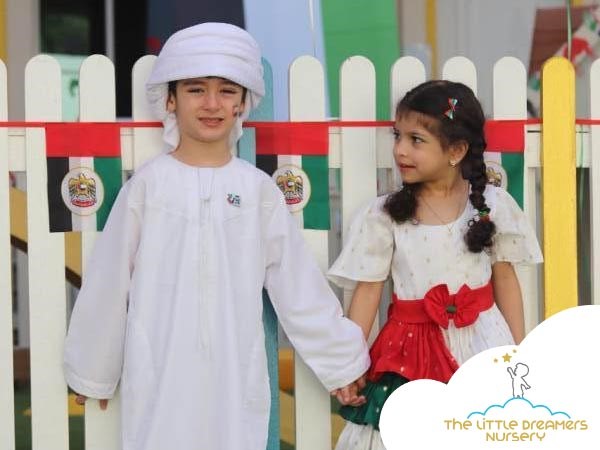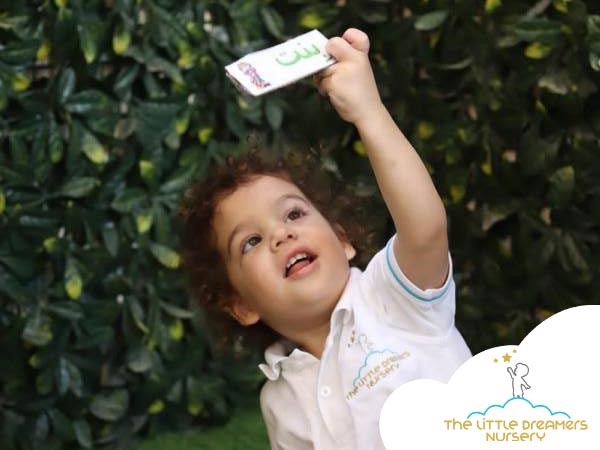In today’s globalized world, learning a second language has become increasingly important. Dubai is a city that embraces diversity, and Arabic is one of its official languages. Therefore, it’s crucial for non-Arabic speaking children attending nurseries in Dubai to learn Arabic. In this article, we will discuss the importance of learning Arabic for non-Arabic speaking children in Dubai nurseries, its benefits, and effective ways to teach it.
Benefits of Learning Arabic for Non-Arabic Speaking Children in Dubai
Learning Arabic can have numerous benefits for non-Arabic speaking children. Firstly, it can enhance their cognitive development, as research has shown that bilingual children tend to have better problem-solving skills and cognitive flexibility. Secondly, learning Arabic can improve their cultural understanding and enable them to communicate effectively with Arabic-speaking peers, which is an essential skill for living in Dubai.
Finally, learning Arabic can open up future career opportunities, as being proficient in Arabic can be an asset in fields such as law, diplomacy, and business.
Importance of Early Childhood Arabic Education
It’s essential to start teaching Arabic at an early age, as research has shown that children’s language acquisition skills are at their peak during the first five years of life. Nurseries in Dubai can play a crucial role in providing early childhood Arabic education to non-Arabic speaking children.
Effective Ways to Teach Arabic Language to Non-Native Speakers in Dubai Nurseries
Teaching Arabic to non-Arabic speaking children can be challenging, but there are several effective ways to do it. Firstly, teachers can use immersive techniques, such as incorporating Arabic into daily activities and routines, like singing Arabic songs during circle time or labeling objects around the classroom in Arabic.
Secondly, teachers can use visual aids, such as flashcards or pictures, to help children associate words with images. Thirdly, teachers can use games and interactive activities to make learning Arabic fun and engaging.
Bilingual Education
Bilingual education can also be an effective way to teach Arabic to non-Arabic speaking children. By using a dual-language approach, where Arabic is taught alongside English, children can develop both languages simultaneously. This approach can help children maintain their first language while learning a second language, which can enhance their cognitive and linguistic abilities.
Impact of Arabic Immersion Programs on Non-Arabic Speaking Children in Dubai
Arabic immersion programs can be an effective way to teach Arabic to non-Arabic speaking children. These programs use a complete immersion approach, where Arabic is the primary language of instruction. This approach has been shown to be effective in developing children’s language proficiency, as it exposes them to the language in a natural and authentic way.
Don’t miss 4 year old milestones article
Best Practices for Teaching Arabic to Non-Arabic Speaking Children in Dubai Nurseries
One important aspect of teaching Arabic to non-Arabic speaking children is creating a positive and supportive learning environment. This includes providing a safe and welcoming classroom, encouraging children to interact with each other, and showing appreciation for their efforts. When children feel comfortable and valued, they are more likely to engage with the language and make progress. visit this page: Arabic language classes Dubai
In addition, it’s important to use age-appropriate teaching methods when instructing non-Arabic speaking children. This may include using visual aids such as flashcards, videos, and pictures to help them understand the meaning of words and phrases. Games and songs can also be effective tools for making language learning fun and interactive.
Incorporating Fun and Interactive Activities into Arabic Language Instruction
To keep children engaged and motivated, it’s essential to incorporate a variety of activities into Arabic language instruction. These can include storytelling, role-playing, and arts and crafts. By integrating language learning into everyday activities, children are more likely to retain what they have learned and develop a deeper understanding of the language.
Here at The Little Dreamers Nursery in Dubai, we follow these best practices and use a range of effective teaching methods to help non-Arabic speaking children learn Arabic. Our experienced teachers create a warm and welcoming environment where children feel comfortable and supported. We use a variety of fun and interactive activities to keep children engaged and motivated, and we ensure that language learning is integrated into our daily routines.
Bilingual Education at The Little Dreamers Nursery

At The Little Dreamers Nursery, we are proud to offer bilingual education in Arabic and English to children of all ages. Our experienced teachers create a warm and nurturing environment where children feel comfortable and supported as they learn a new language. Through a range of fun and interactive activities, we keep children engaged and motivated, while integrating language learning into daily routines.
In addition to Arabic and English, we also teach French to broaden children’s linguistic horizons and expose them to diverse cultures and perspectives. Our bilingual education program is designed to help children develop strong language skills, cultural competence, and an appreciation for diversity. Contact us to learn more about our approach and how we can support your child’s language learning journey.











Outstanding way of explaining. You have described in detail step by step. Please stay informed like this.